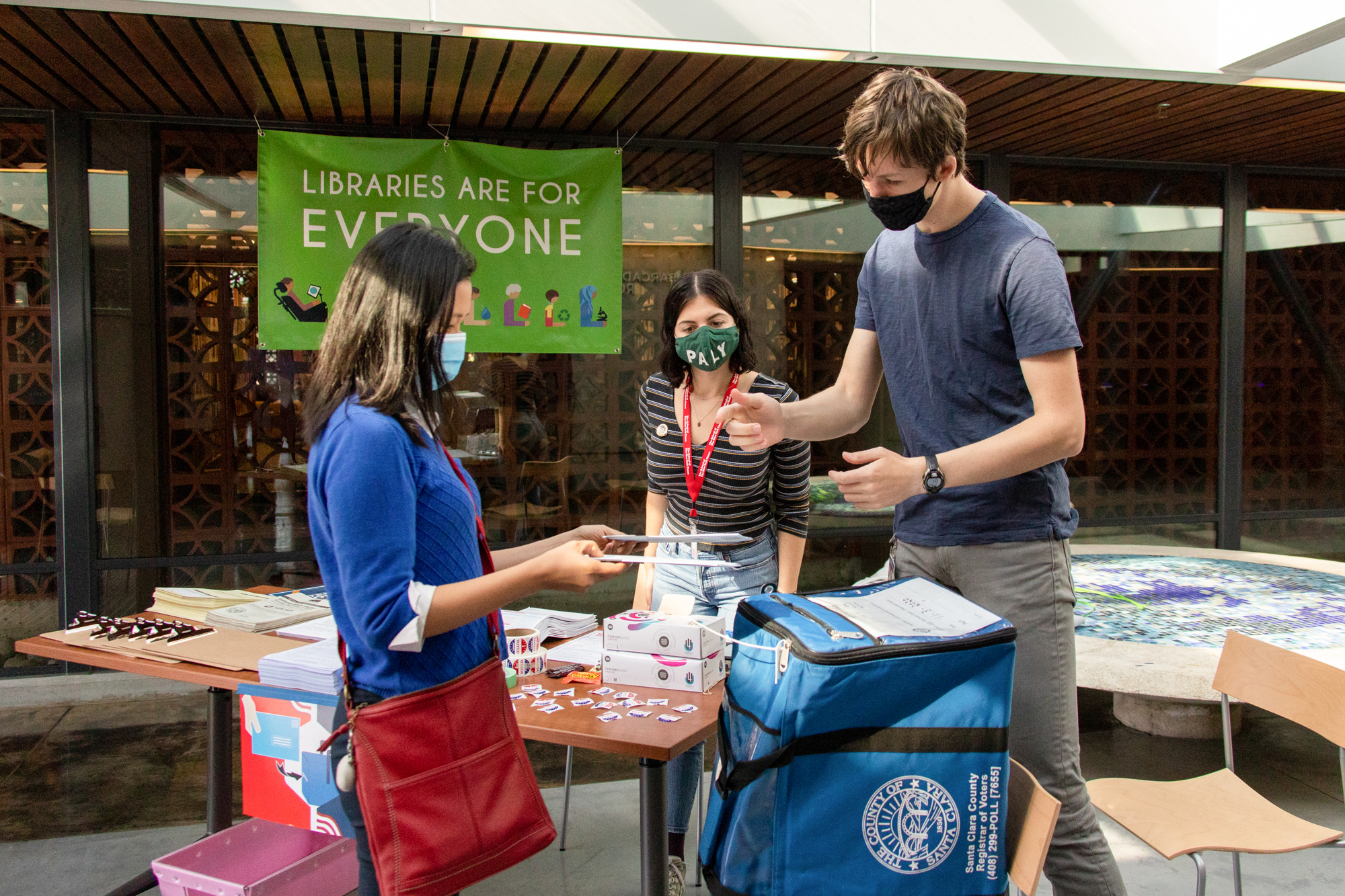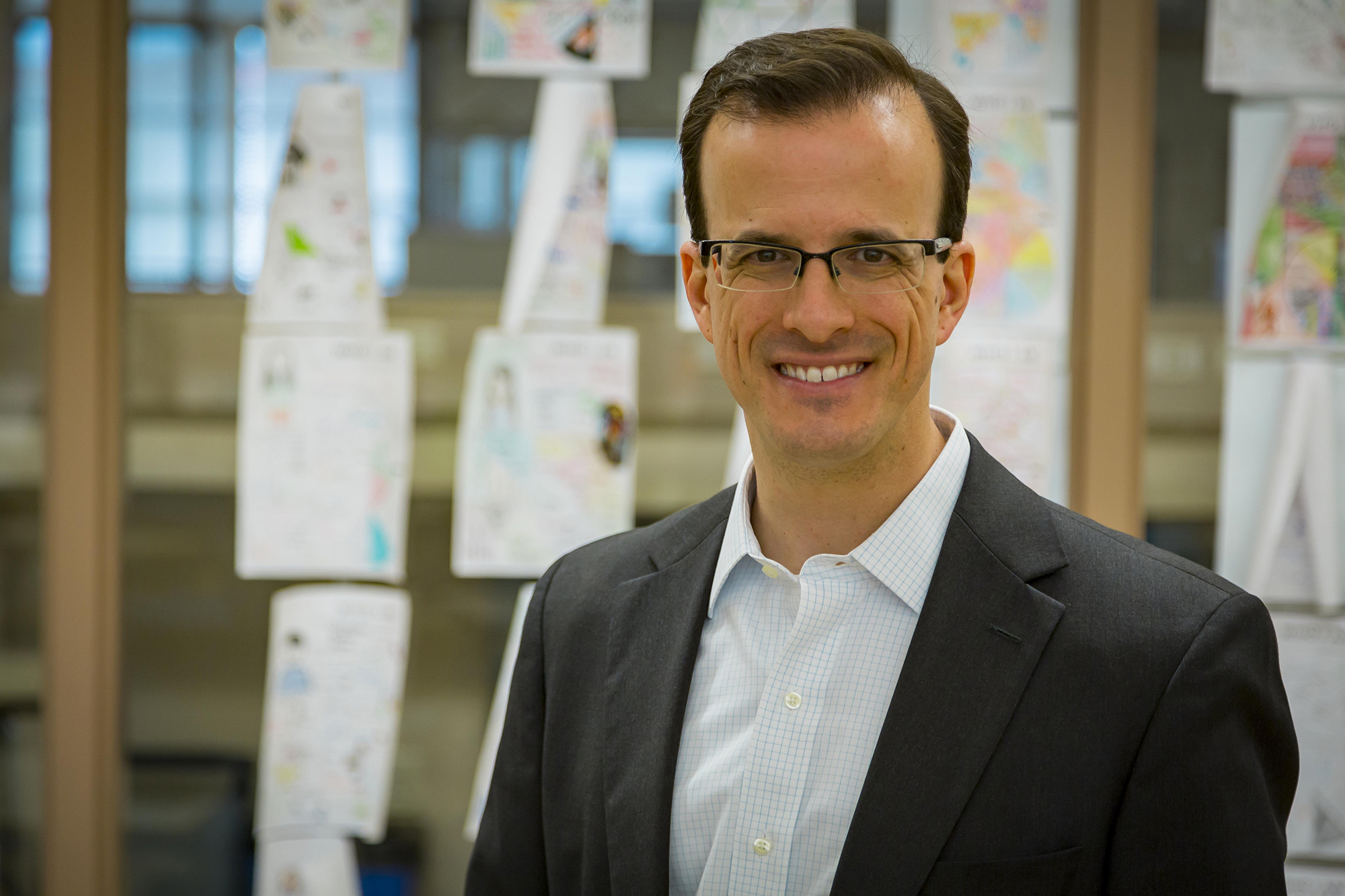On Oct. 10 Gov. Gavin Newsom signed a package of election bills authored by Assembly member Marc Berman, including legislation that aims to improve ballot design and that explicitly bans people from voting in two elections in different states on the same day.
The two bills, known respectively as bills AB 1219 and AB 1539, aim to address election accessibility and security, Berman said in a statement.
In addition, Newsom signed Berman's AB 1037, which allows election officials to offer voters the option of curing their vote-by-mail ballot electronically if there are problems with the signature on the ballot envelope.
Berman lauded Newsom's decision to enact his bills, which he argued demonstrate California's "unwavering commitment" to expanding ballot access and strengthening democracy.
"We've taken steps to send a vote-by-mail ballot to every active registered voter, create a system to track your ballot and increase transparency, make registration simpler, make ballot language more accessible, strengthen our elections cybersecurity and increase access to ballot drop boxes," Berman said in a statement. "I want to thank Governor Newsom for signing this new package of elections bills to continue this critically important work to advance election security and accessibility."
AB 1219, which is supported by Secretary of State Shirley Weber, will allow the state to follow up on the recommendations of the Ballot Design Advisory Committee, a group of election experts and stakeholders that was formed in 2019 through another Berman bill. The committee issued a report in August 2022 with a series of recommendations for improving the ballot. These include providing ballot instructions in plain language, updating font size requirements, offering flexibility for jurisdictions to provide ballots in multiple languages and creating provisions to make sure that ballots would not be invalidated through administrative errors.
Berman called Newsom's decision to sign AB 2019 "tremendously heartening" and said ballot design "plays a critical role in ensuring that every voter properly understands how to participate in their democracy and have their voice heard."
Weber also lauded the effort to make ballots more user-friendly. The easier the state makes its ballots to read and understand the more likely voters will be able to participate in elections, she said in a statement.
"The design advancements in this bill will go a long way towards making it easier for voters to participate in our democracy," Weber said.
AB 1539, on the other hand, targets the rare situations where someone votes twice in different stats on the same day. It would make such an act a misdemeanor under state law.
The bill was proposed by the Santa Clara District Attorney's Office in Santa Clara County, according to Berman. Though he noted that voter fraud is "extremely rare" in California, three residents in the county had been involved in double voting and the Santa Clara County district attorney was forced to defer prosecution to the other state, which unlike California has a law that explicitly outlaws multi-state voting, according to Berman's news release.
"One person, one vote. It's our Democracy and we have to take care of it," Santa Clara County District Attorney Jeff Rosen said in a statement about AB 1539.
The third bill, AB 1037, aims to expand voter access by giving voters more options for addressing signature discrepancies on the ballots. Berman said many voters opt not to "cure" their ballots upon receiving notifications about the signature issue. Others return a signature verification statement but still have their ballot challenged because the handwritten signatures on their ballot envelope do not match the electronic signatures that they have provided to the Department of Motor Vehicles.
The bill would give voters additional options to verify their signatures through electronic means that would be provided by the election officials, Berman said in a statement.
"Far too many ballots go uncounted due to uncorrected mismatched or missing signatures," Berman said. "'Text to cure' has been successfully utilized in Nevada and Colorado, allowing those voters the option to cure their ballot signature issues easier and faster. AB 1037 will give California's voters more flexibility and provide greater efficiency."




Comments